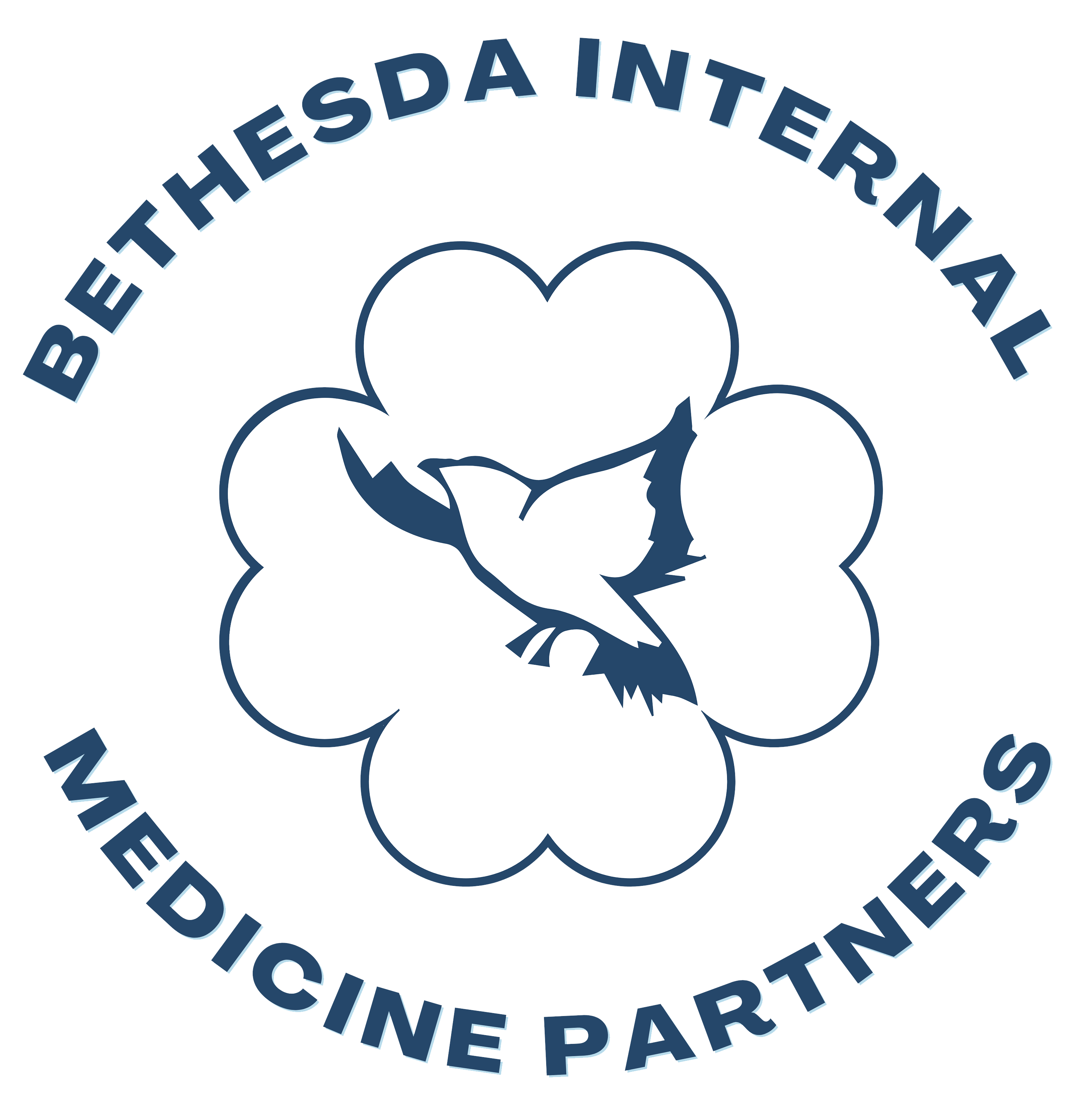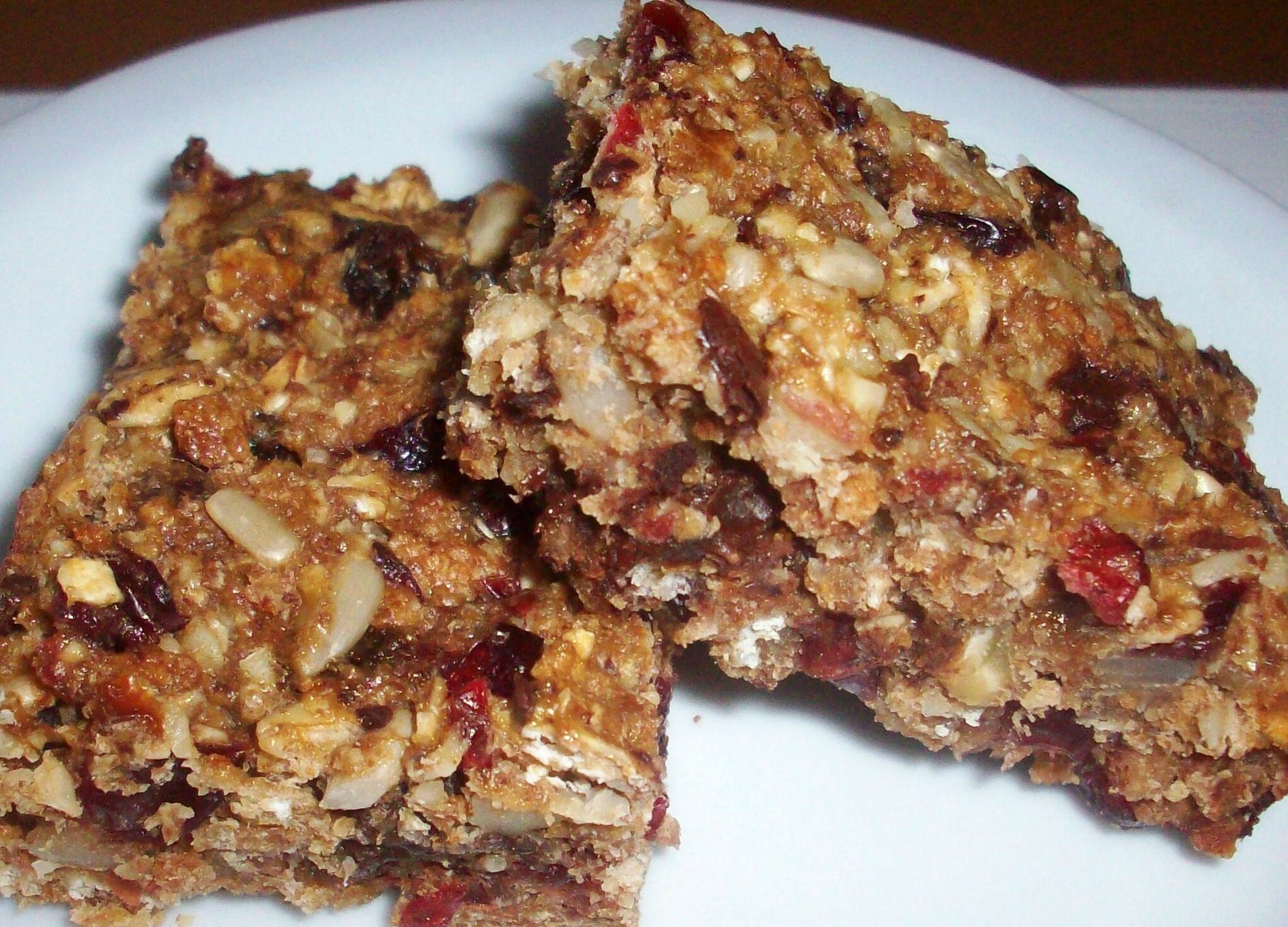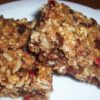Ask the Dietitian Questions Answered:
Do you know any good snack bars?
The best snack bars in general are going to be limited ingredient bars. This means they will be less processed, but it will still be necessary to check the ingredient list to make sure they are healthy. For example, watch out for coconut oil and palm oil these are found commonly in bars, I stay away from these in general because they add a lot of saturated fat to the bar.
Here is a list of limited ingredient bars that I like:
Perfect Bar (this is in the refrigerated section) almond butter and peanut butter based with veggies and other super foods added
RxBar (protein is from egg whites and nuts, usually no more than 4 ingredients)
Lara Bar (I prefer right now the cashew and date bar, their bars never have more than 9 ingredients)
Naked Bar (do not get the cookie they make; they add coconut and palm oil to this but not to their bars)
Skout bar
Epic Performance Bar
Tips for increasing calcium in diet, including absorption?
Besides adding 2-4 servings per day of dairy to your diet, the other good sources of calcium include:
chickpeas 1 cup = 210 mg
Kidney beans 1 cup = 263 mg
Canned sardines and salmon = 180 mg
Almonds 1 cup whole = 378 mg
Dried figs (2) = 65 mg
Orange (1) = 65 mg
Frozen kale (8 oz) = 180 mg
Soybean boiled (8 oz) = 175 mg
Fresh broccoli cooked (8 oz) = 60 mg
To help increase absorption make sure you first have adequate vitamin D intake, food sources are fortified dairy products, canned salmon, or sockeye salmon, tuna, mackerel, egg yolk. Make sure you do have a high sodium diet, this causes your body to lose calcium, limit your daily sodium intake to 2300 mg/day, when buying food anything above 20% daily value is considered high sodium. Keep your caffeine intake at a moderate level (less than 3 cups per day, this includes caffeine from soda) excessive amounts of caffeine decrease calcium absorption. Wheat bran in particular blocks calcium absorption, any food eaten at the same time as this that contains calcium will not be absorbed, in this case space out the high calcium foods by 2 hours. Other whole grain foods for the most part have minimal effect on calcium absorption.
NOF.ORG
Which is better for bone health and overall health, cow’s milk (1%) or almond milk (unsweetened)?
For bone health almond milk and cow’s milk would be comparable since almond milk is fortified with calcium and in most cases vitamin D (check yours to make sure). It is often that the calcium content in the almond milk and other milk alternatives is higher than cow’s milk which is good since the calcium from these sources are not as easily absorbed as it is from cow’s milk. As for overall health, cow’s milk would be better for overall health for these reasons, it contains all 9 essential amino acids, the calcium and vitamin D do not have to be fortified, it is a good source of vitamin A, vitamin B12, B6, riboflavin, niacin, thiamine, pantothenic acid, magnesium, potassium, zinc and selenium. While almond milk is only a good source of vitamin E and all other vitamins it has are fortified. Cow’s milk is also a good source of protein with 8 gm per cup and almond milk provides only 1 gm per cup. Most importantly cow’s milk only contains cow’s milk, while almond milk usually contains preservatives, emulsifiers and stabilizers, you may see these on the ingredient list as gellan gum, sunflower lecithin, locust bean gum, ascorbic acid and/or natural flavor. If you prefer almond milk, health-wise you would be better off making it yourself at home, which is easy to do.
minimalistbaker.com/how-to-make-almond-milk/







